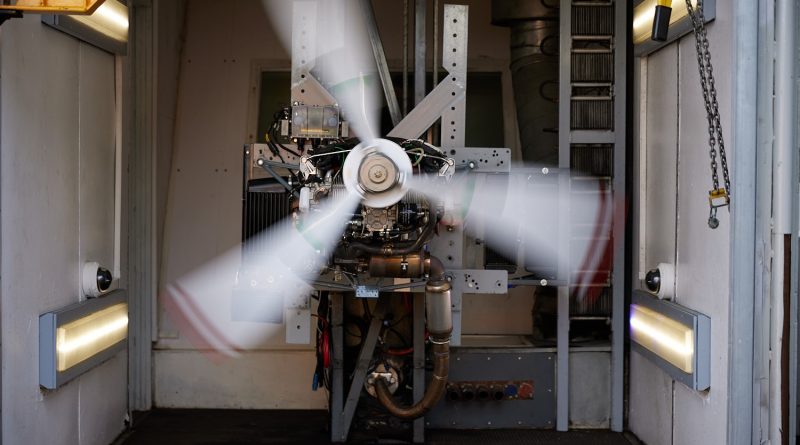Sustainable fuel technology Aircraft boost for RAF
The Royal Air Force will create two new experimental aircraft with ground-breaking technologies in the latest step toward a sustainable aviation future.
The commencement of Project Monet, a joint initiative between the Rapid Capabilities Office (RCO) and Industry, will see the development of two experimental flying test aircraft to showcase the capabilities and potential of a range of sustainable technologies.
Using the aircraft as the testing focus, Project Monet will draw together expertise from across the RAF and Industry to evaluate how technologies can meet vital military requirements and the whole-life environmental impact of operating such a fleet of aircraft.
The range of sustainable aviation technologies includes the potential for all-electric battery power, synthetic-fuelled internal combustion engines, hydrogen cells, and hybrid.
The two-year partnership with Babcock and Swift Aircraft using light training aircraft will also deliver additional benefits by providing a means to evaluate a broader range of factors, including logistics, ground operations, human factors, and certification. In so doing, the work will provide important information which can be readily transferred to other environmentally conscious capability projects and developments.
Project Monet will add to the growing number of RAF successes in the sustainable aviation space, following the record-breaking fully synthetic aviation fuel flight in November 2021 and the world-first sustainable fuel military transport flight in November 2022.
The Royal Air Force’s drive towards greater use of alternative and sustainable fuel continues to gather pace. With the potential to maintain or enhance operational ability, this is a crucial endeavor for our Armed Forces and our collective mission to tackle climate change.
The Rapid Capabilities Office supports capability delivery to our Armed Forces personnel. Rapid Capabilities Office programs extend beyond equipment delivery into information analysis and people and process improvements. Through this, it aims to enhance capability delivered to the front line, explore opportunities presented by emerging technologies, and leverage diversity in thought with novel and innovative ways of working.

